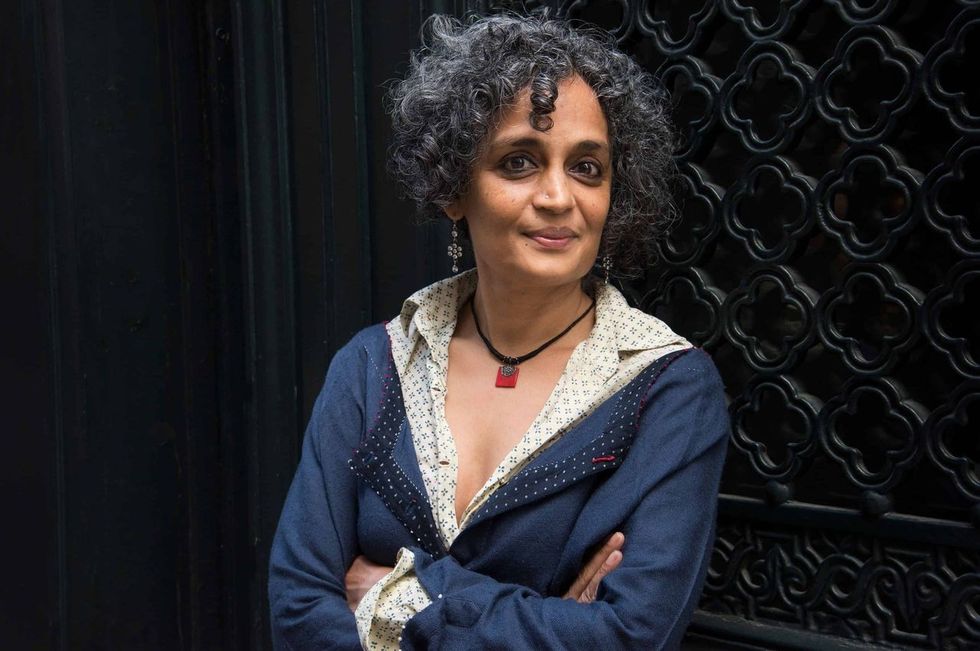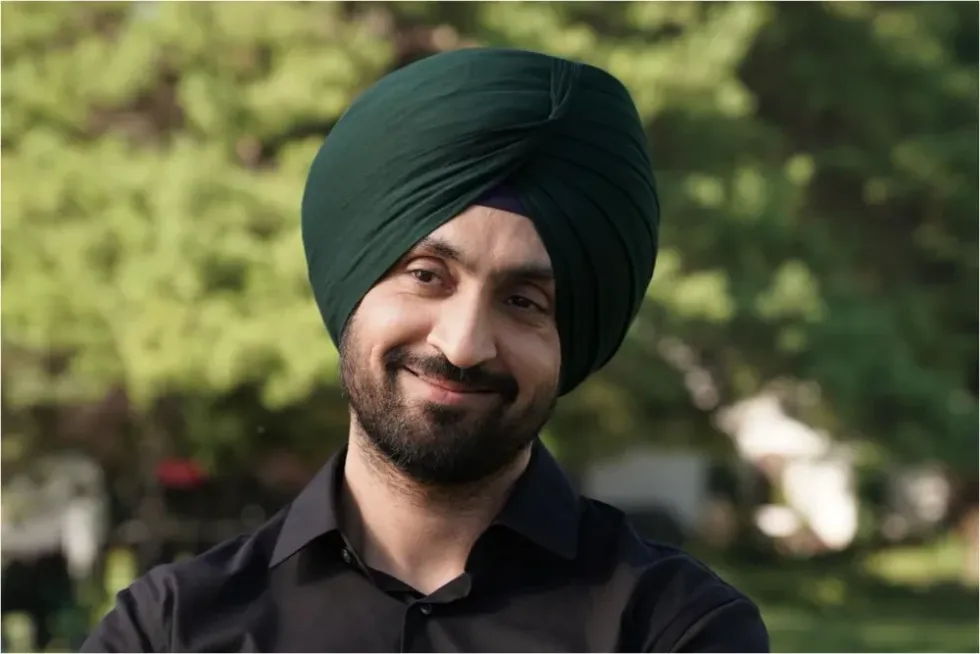by Amit Roy
THE Guardian has been critical of Narendra Modi since he was chief minister of Gujarat, so it wasn’t surprising that it came out with a portentous leader comment about India’s prime
minister last week, saying the next general election will be “something deeper about the
struggle for India’s soul”.
The left-leaning paper alleged Modi’s government has been unable to create nearly enough
new jobs, failed to admit its failure, offered electoral sops in the latest budget, and witnessed “a 28 per cent jump in the number of incidents of communal violence, including lynchings of Muslims” since he came to power.
“Mr Modi prefers to campaign on his own reality,” said the Guardian. “In a break with Indian political tradition, the prime minister has never held a traditional press conference.”
It added: “Despite impressive rates of growth for decades, many of India’s poorest people have yet to feel the benefits. Mr Modi trumpets India as the fastest-growing major economy in the world. He’s not too keen about the fact that very little has trickled down in the form of jobs.”
Although the Guardian won’t influence voters in India, it has contributed to trashing Modi’s
reputation in Britain – probably irreparably. Among readers, Modi’s supporters and critics
appear equally matched.
One in the former group said: “Wow, what has Guardian got against Narendra Modi? …the constant Modi bashing by Guardian makes me sick.”
Another protested: “Why does the Guardian use the word ‘regime’ to describe his government? Do they ever refer to the May regime or the Merkel regime? This is extremely bad and biased use of language.”
Meanwhile, a critic suggested: “He’s a religious extremist – and if unvetted journalists were
permitted to ask actual questions his bigoted sectarian approach would be obvious – so like
any self-respecting despot, you simply avoid it by not being interviewed.”
What I found enlightening is that when I wrote to several influential figures in the British Indian community asking them for their views on the article, the response was a revealing silence.
Only Virendra Sharma, the Labour MP for Ealing Southall, replied: “After five years, the best placed to make a judgement are the Indian people. Later this year the largest democratic exercise in the world will take place and they will decide on prime minister Modi’s record.”





 LONDON, ENGLAND - JUNE 22: Baroness Floella Benjamin speaks during the unveiling of the National Windrush Monument at Waterloo Station on June 22, 2022 in London, England. The photograph in the background is by Howard Grey. (Photo by John Sibley - WPA Pool/Getty Images)
LONDON, ENGLAND - JUNE 22: Baroness Floella Benjamin speaks during the unveiling of the National Windrush Monument at Waterloo Station on June 22, 2022 in London, England. The photograph in the background is by Howard Grey. (Photo by John Sibley - WPA Pool/Getty Images)









 Ed Sheeran and Arijit Singh
Ed Sheeran and Arijit Singh Aziz Ansari’s Hollywood comedy ‘Good Fortune’
Aziz Ansari’s Hollywood comedy ‘Good Fortune’ Punjabi cinema’s power-packed star cast returns in ‘Sarbala Ji’
Punjabi cinema’s power-packed star cast returns in ‘Sarbala Ji’ Mahira Khan
Mahira Khan ‘Housefull 5’ proves Bollywood is trolling its own audience
‘Housefull 5’ proves Bollywood is trolling its own audience Brilliant indie film ‘Chidiya’
Brilliant indie film ‘Chidiya’  John Abraham
John Abraham Hina Khan and her long-term partner Rocky Jaiswal
Hina Khan and her long-term partner Rocky Jaiswal  Shanaya Kapoor's troubled debut
Shanaya Kapoor's troubled debut Sana Yousuf
Sana Yousuf



 Shraddha Jain
Shraddha Jain Arundhati Roy
Arundhati Roy William Dalrymple and Onjali Q Rauf
William Dalrymple and Onjali Q Rauf Ravie Dubey and Sargun Mehta
Ravie Dubey and Sargun Mehta Money Back Guarantee
Money Back Guarantee Homebound
Homebound Guru Dutt in Chaudhvin Ka Chand
Guru Dutt in Chaudhvin Ka Chand Sarita Choudhury
Sarita Choudhury Detective Sherdi
Detective Sherdi